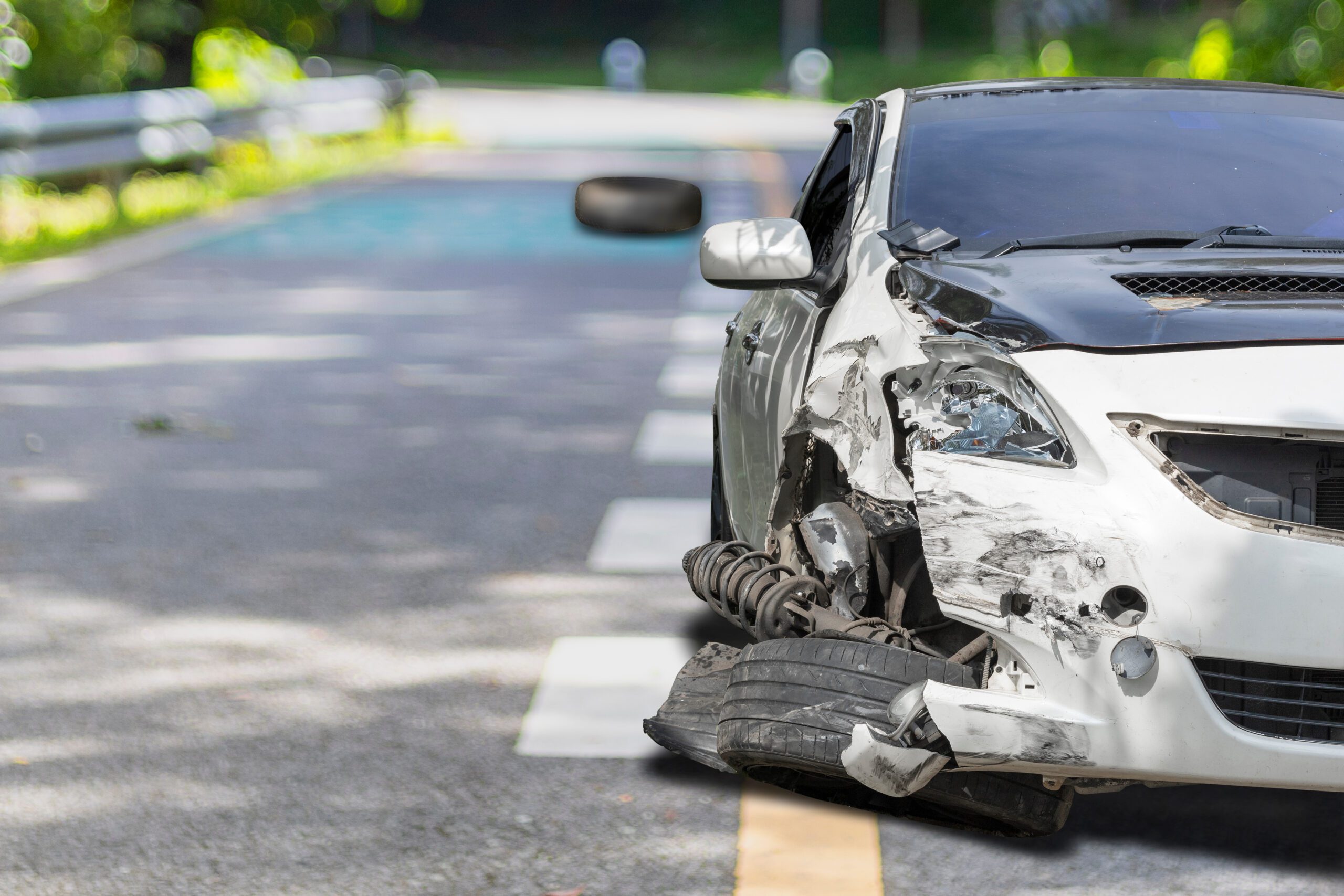How Do First-Party & Third-Party Car Accident Claims Differ?

If you were hurt in a car accident, it’s only natural to want justice. What’s the best way to go about achieving it, though? Should you file a first-party claim with your own insurance carrier? Or perhaps a third-party claim with the at-fault driver’s provider?
In this article, we explore the differences between the two and what each entails, so you have some idea of what to expect in the coming weeks:
What Is a First-Party Claim?
When it comes to car accident claims, Florida’s standard approach is no-fault. Under this system, motorists are expected to carry personal injury protection (PIP) insurance. In the event of a crash, they can then file a first-party claim with their own carrier to draw upon this coverage, which is available to them regardless of whether they actually played a role in the incident.
Florida law requires drivers to purchase at least $10,000 in PIP coverage. In the event of an accident, they can use these funds to cover 80 percent of the associated medical expenses that are both reasonable and necessary. For the coverage to apply, however, policyholders are generally expected to commence care within 14 days of the crash.
When applicable, PIP also provides funds for 60 percent of the claimant’s missed wages and lost earning capacity, up to the policy’s limits. Carriers are expected to distribute these benefits every two weeks.
Finally, PIP includes $5,000 in death benefits in the event of a covered fatality.
What Is a Third-Party Claim?
The costs that stem from a car accident can add up fast. When PIP insurance does not provide nearly enough to cover them, it may be possible to bypass Florida’s no-fault system and file a third-party claim.
In a third-party claim, the injured party seeks compensation from the at-fault motorist’s carrier under the available liability coverage. To have grounds for such a claim, you must be able to show that you meet the state’s serious injury threshold. This generally means your injuries are so severe that they hurt your quality of life.
In filing a third-party claim, you may seek compensation for additional damages like property repairs, replacement services, pain and suffering, emotional distress, and loss of enjoyment in life.
Should I File a First-Party or Third-Party Claim?
Generally speaking, it’s wise to pursue all possible avenues of compensation in the wake of a wreck. After all, the associated losses are probably enough to jeopardize your financial security in the months and years to come. While taking action won’t erase what happened, it could at least yield the money you need to resume some sense of normalcy once your condition stabilizes.
The easiest way to determine how best to proceed is by consulting a car accident lawyer. A knowledgeable professional can evaluate the situation and let you know which options are available to you and whether they’re worth pursuing.
Speak with a West Palm Beach Car Accident Attorney
If you need help handling the aftermath of a car accident, turn to Donaldson & Weston. We have assisted hundreds of clients in personal injury and wrongful death actions. Call 561-299-3999 or submit our Contact Form to schedule a free initial consultation with a car accident lawyer in West Palm Beach.
